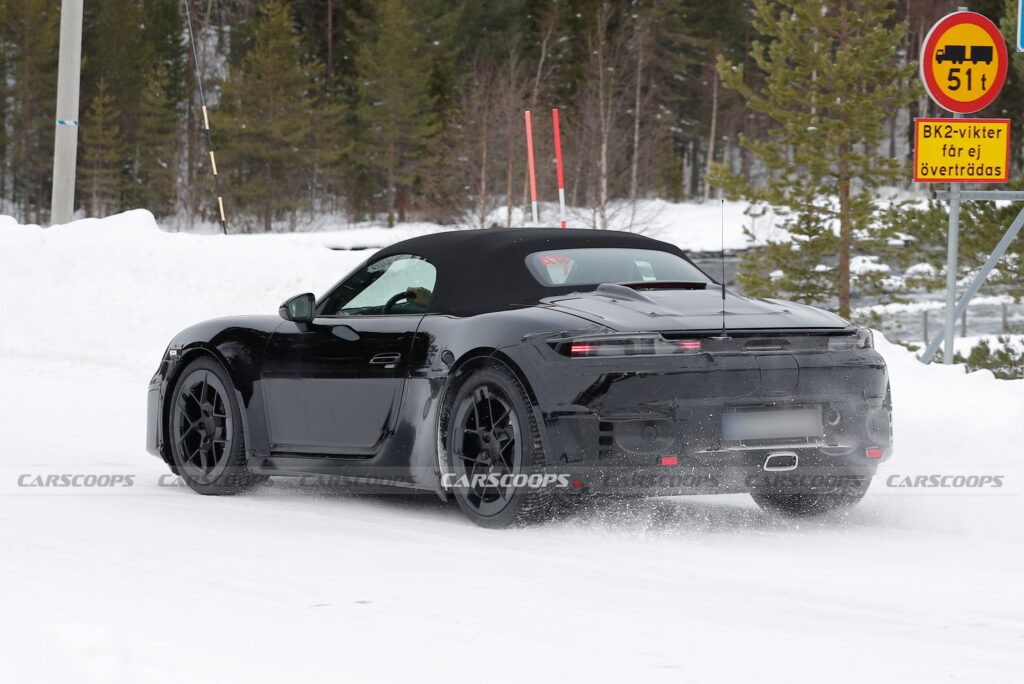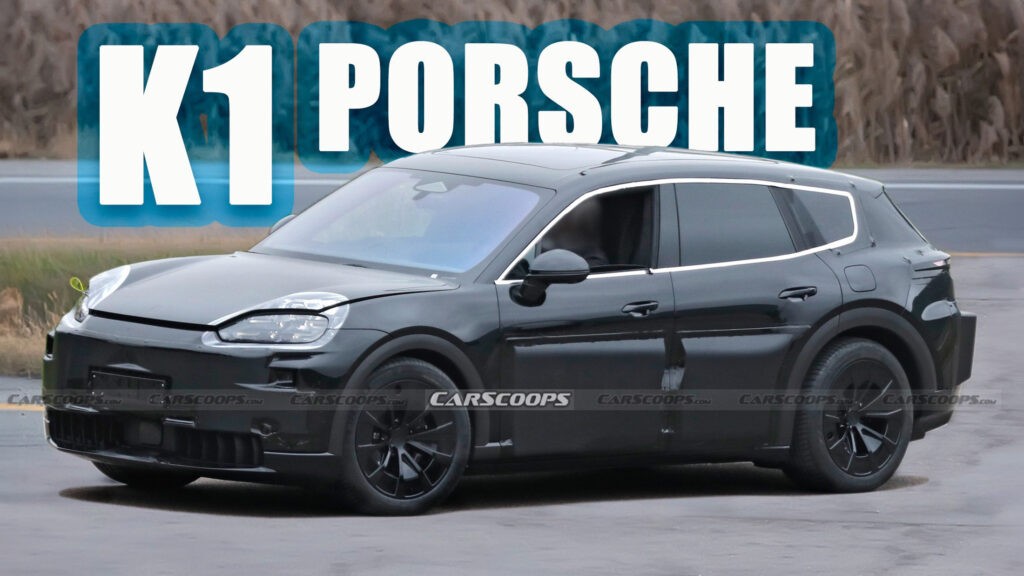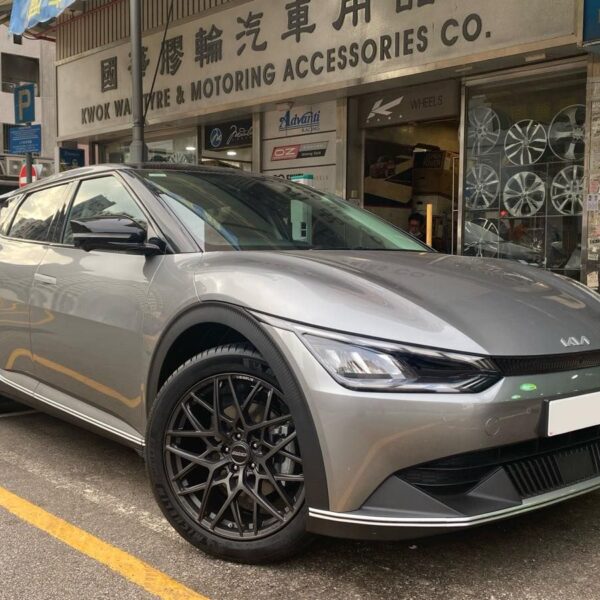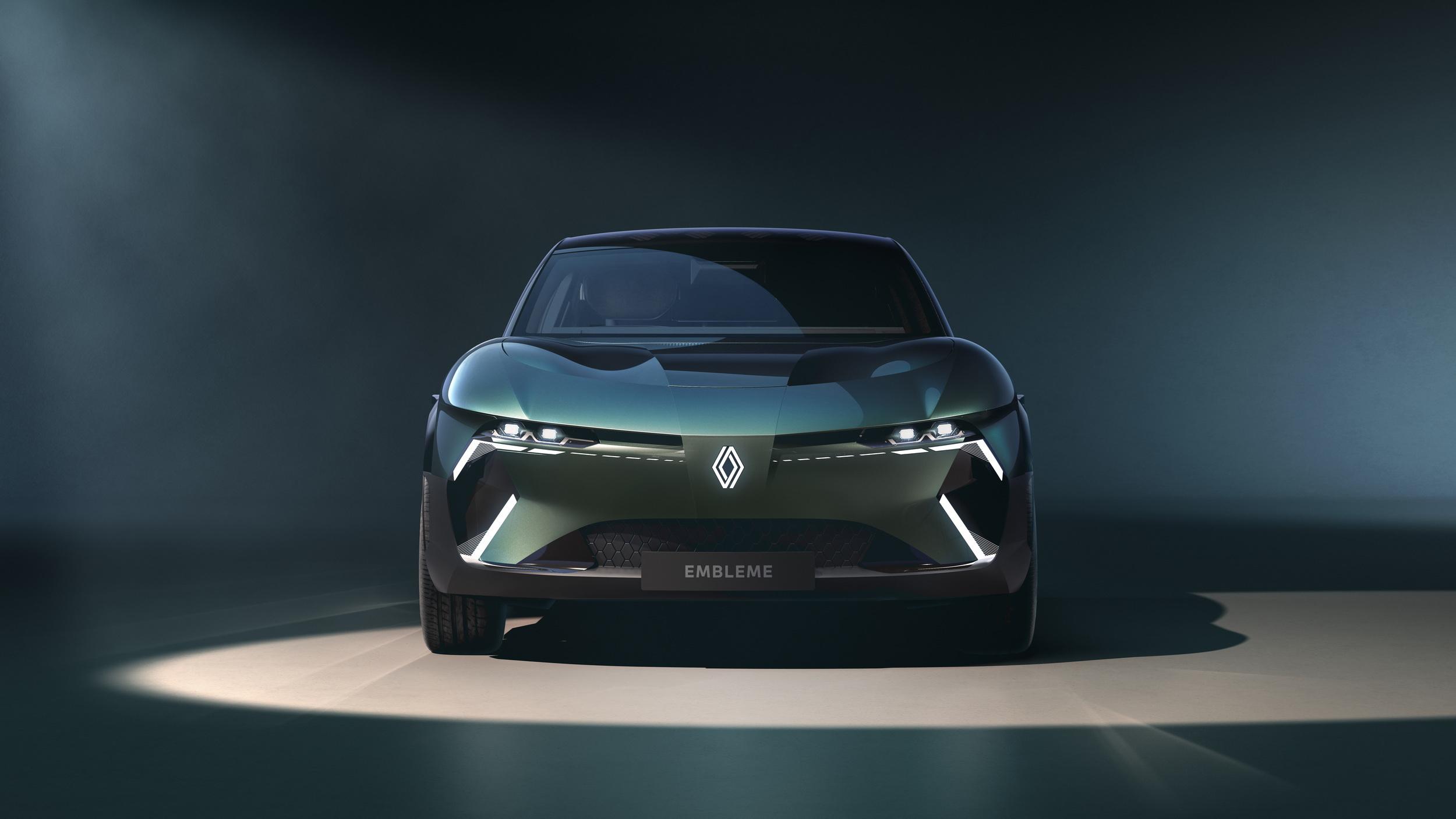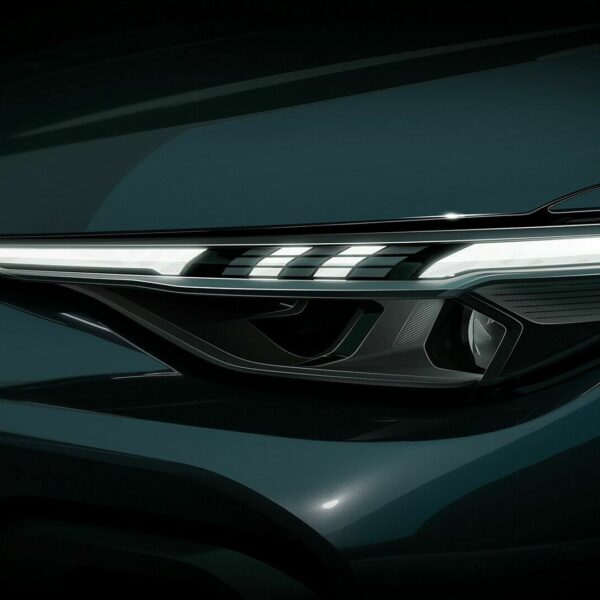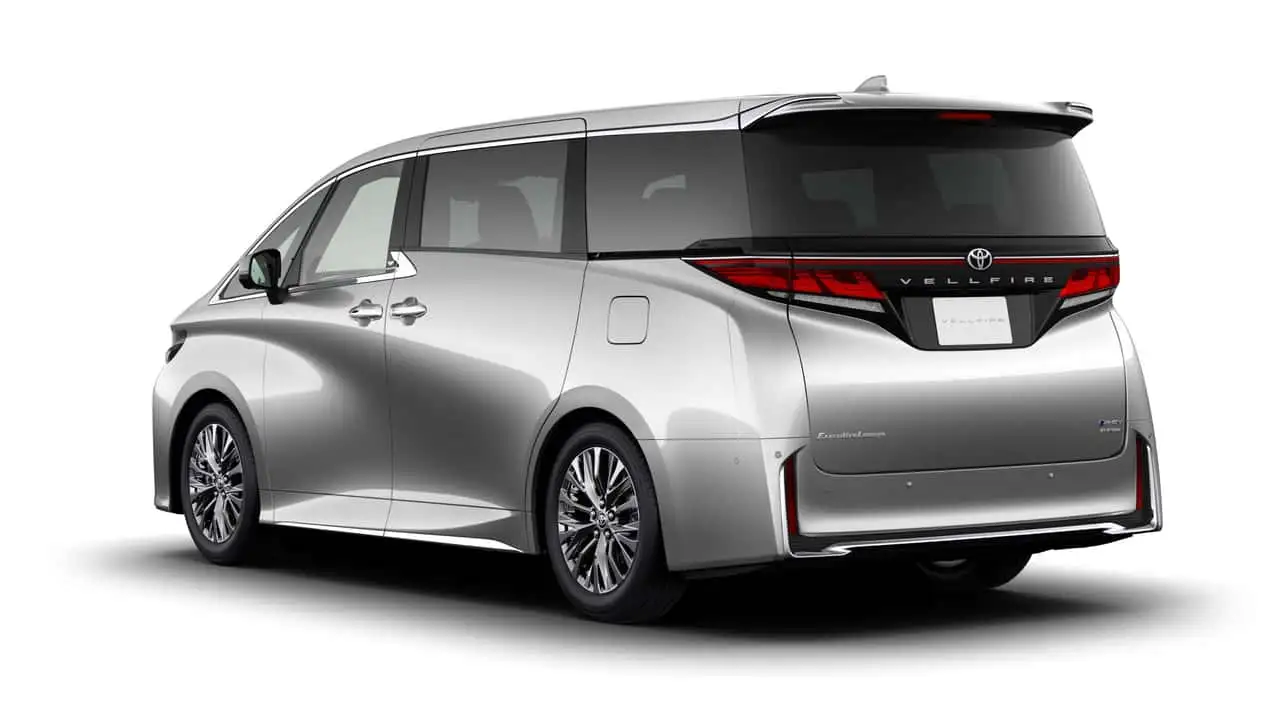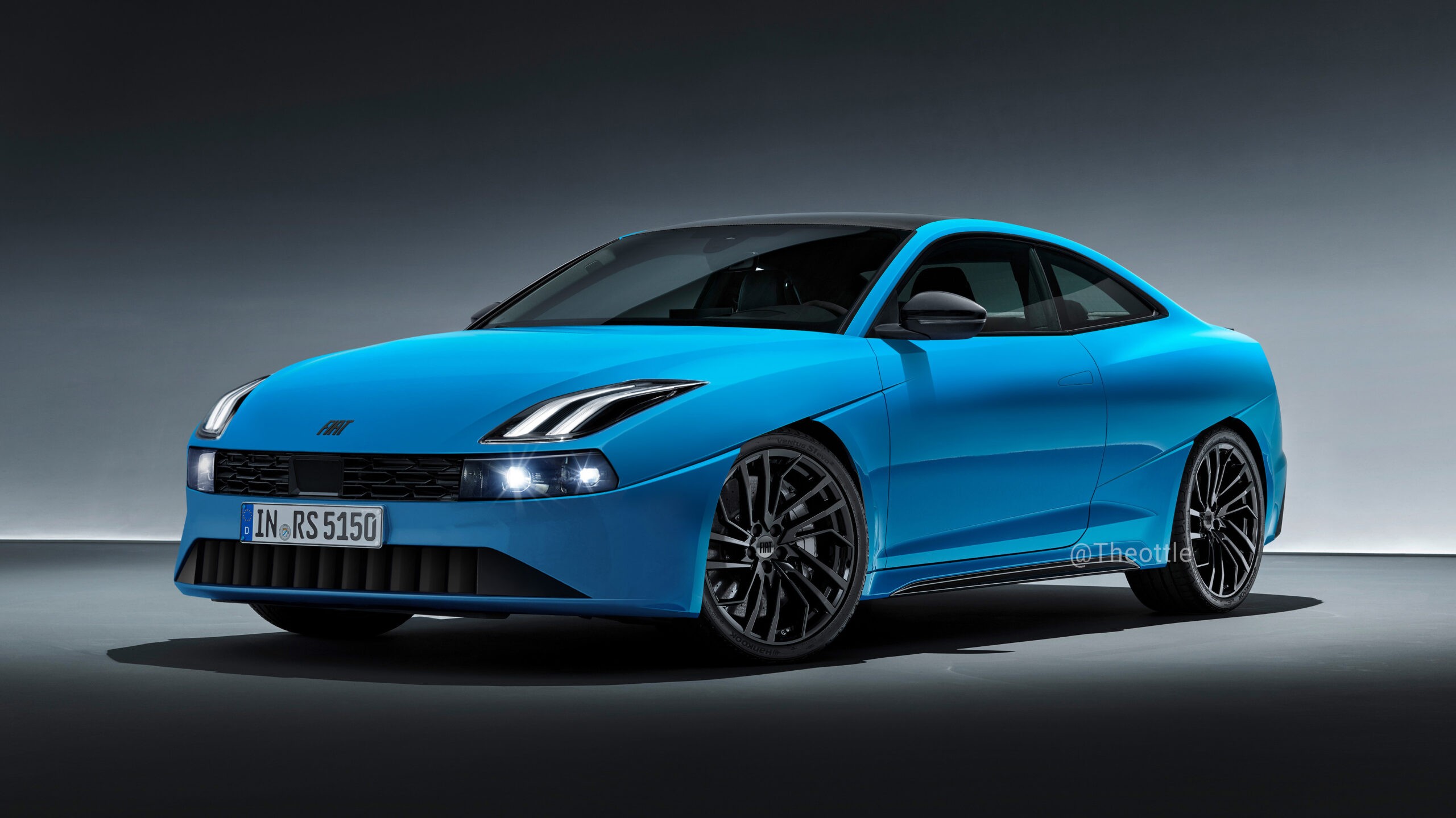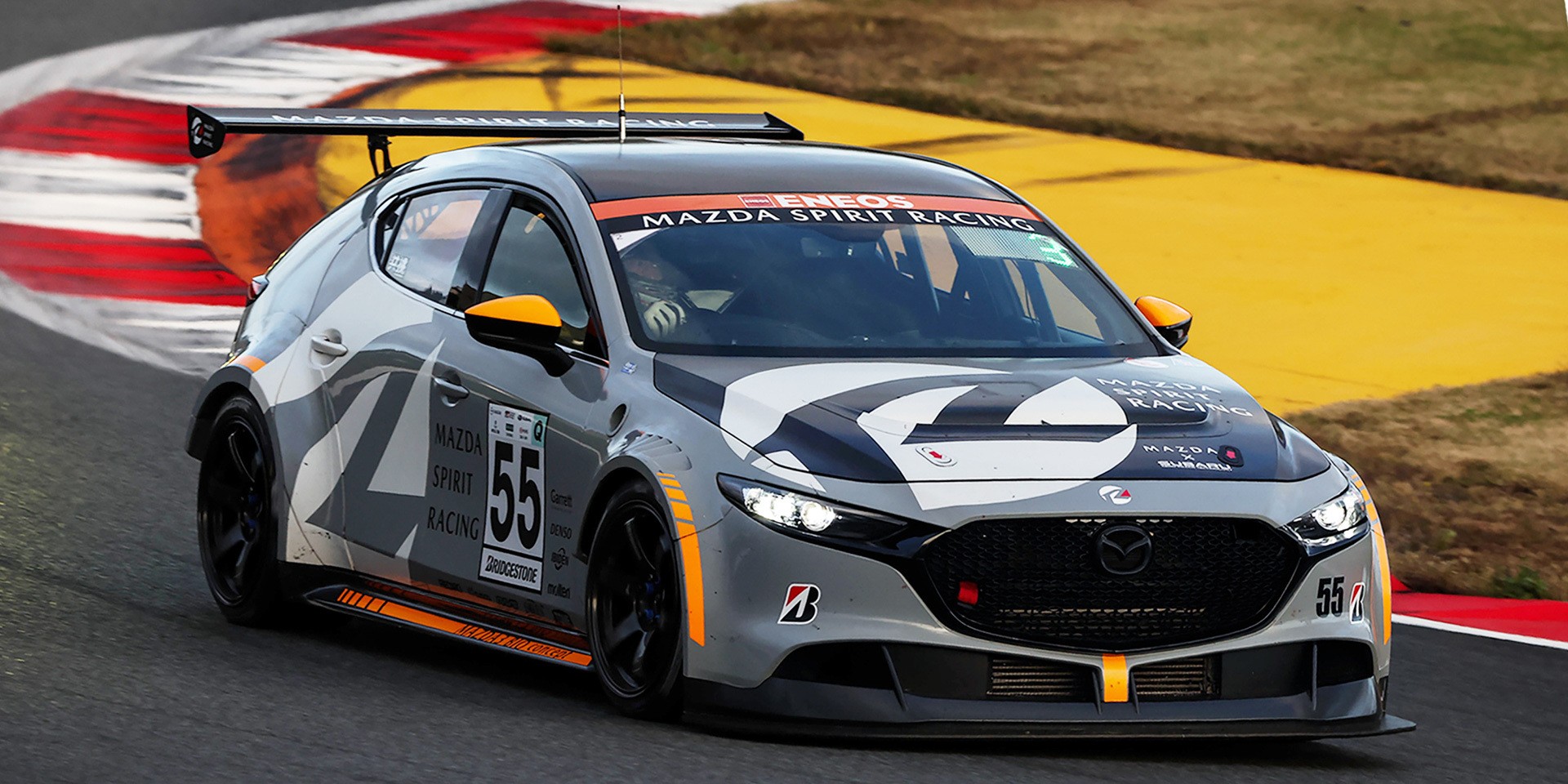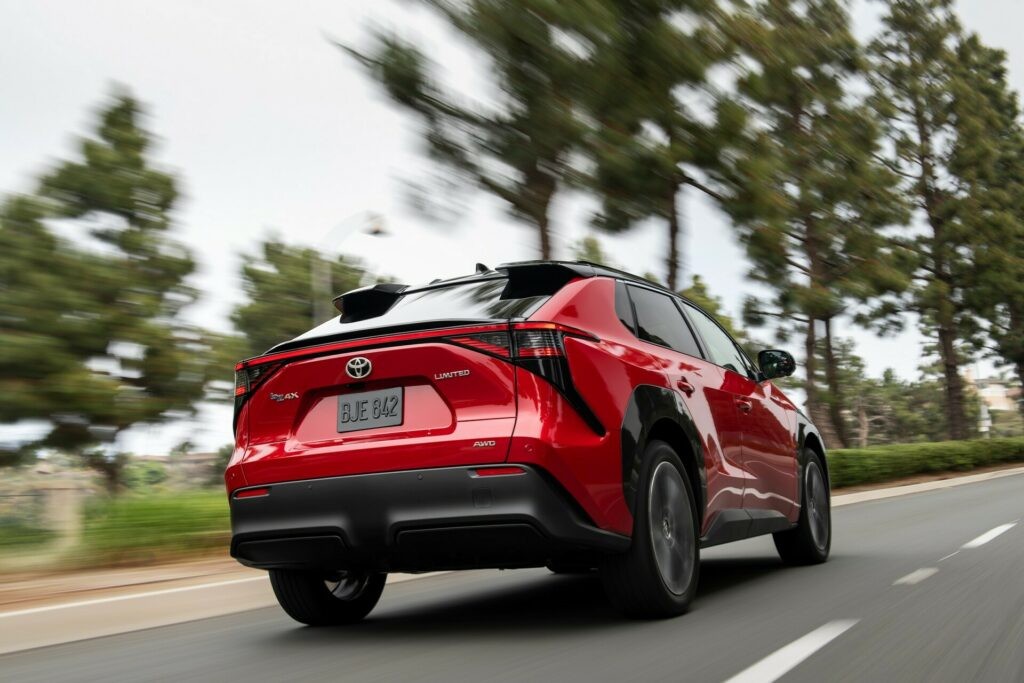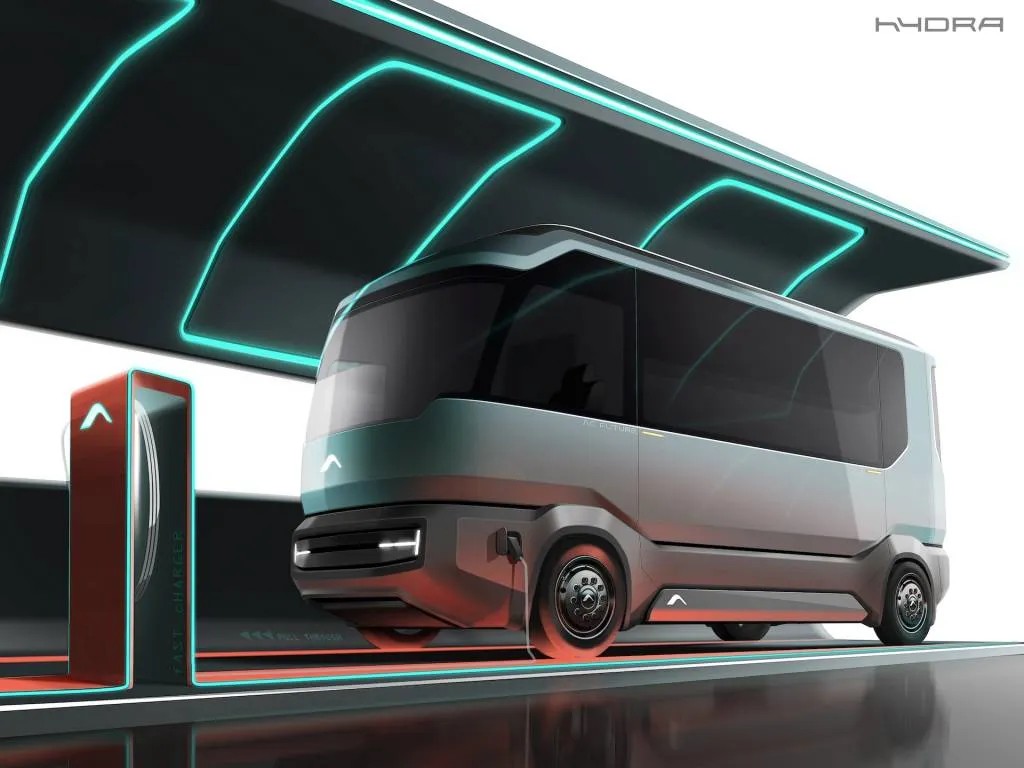Porsche has ambitious goals for its electric revolution, aiming for 80% of its sales to come from EVs by 2030. While the German automaker’s efforts are commendable, it appears the road to full electrification is proving more difficult than expected. Several key projects, including the all-electric Boxster, Cayman, Cayenne, and K1 SUV, are facing delays due to technical and market challenges.
Struggles with Electric Boxster and Cayman Development
Porsche is feeling the heat as it transitions iconic mid-engined sports cars like the Cayman and Boxster into electric models. Reports suggest the company is struggling to replicate the dynamic driving experience of their gas-powered predecessors. Battery chemistry optimization also remains a significant hurdle.
Additionally, Porsche’s relationship with battery supplier Valmet Automotive appears strained. Frequent changes requested by Porsche to battery specifications have reportedly led to disagreements over costs. These challenges could further delay the launch of the new EV variants of the Boxster and Cayman models.
Delays Hit Larger Models: Cayenne and K1 SUV
The electrification challenges are not limited to the sports car lineup. An all-electric Cayenne was slated for a 2026 release but now faces potential delays. Even more complex is the situation with Porsche’s upcoming seven-seat SUV, the K1. Originally designed as a pure EV, the K1 may require a redesign to support combustion engines. This would likely involve moving away from VW Group’s Scalable Systems Platform (SSP) to a more traditional architecture, such as the platform underpinning the current Cayenne.
Falling Sales Highlight Market Risks
Porsche’s push for EVs is also coinciding with a challenging market environment. Sales of the Taycan, one of Porsche’s flagship EVs, have dropped 52% this year in the European market, pulling numbers down to 7,548 units. The Macan EV is performing below expectations as well, with only 6,377 sold so far.
Chinese sales, a critical market for Porsche, also saw a steep decline of 29%. Local competitors are offering similarly high-performance EVs at lower prices, often boasting better software and digital capabilities. This trend could erode Porsche’s dominance in key markets if left unaddressed.
An analyst at Gartner warned, “China sets the pace for the future of premium cars. Brands that fail to adapt with compelling software and strong EV performance may lose market share not only in China but also in Europe and the U.S.”
A Crossroads for Porsche’s EV Strategy
Porsche’s EV plans are under pressure as tough engineering challenges and shifting market dynamics force the brand to rethink its strategy. While the company remains committed to its electrification goals, the evolving market realities mean these ambitions may take longer to realize than initially anticipated.
Key Models Facing Delays:
Model |
Original Plan |
Current Status/Challenges |
|---|---|---|
Boxster & Cayman |
Electric Variants in 2025 |
Struggling to match ICE driving dynamics; battery issues |
Cayenne EV |
2026 Release |
Delay likely due to engineering bottlenecks |
K1 SUV |
EV Only Design |
May require redesign for combustion engine compatibility |
Porsche’s ability to navigate these challenges will define its position in a rapidly evolving automotive industry.

